Description
Lower quality coffee blowout
Tasting Notes: Old crop, earthy and flat. Some chocolate and spice.
Roasting Notes: Push this dark for best results
“Bugisu,” around Mt. Elgon, can refer to a geographical region, a tribe, colonial politics, coffee, and even a soccer team. The title belongs to the Bugisu tribe, native to the mountain’s northwestern districts and who, during the final years of British colonialism, became entwined with agricultural politics through the formation of Uganda’s strongest coffee cooperative union. The Bugisu Cooperative Union was officially formed in 1954 after decades of struggle with British and European authority over control of the coffee on Mt. Elgon—considered Uganda’s best by far. During the first decades following formation, the union helped to mobilize and market the coffees from northwestern Mt. Elgon and was considered a strong source of unity for the Bugisu people as well as an economic empowerment engine for the greater native region. From the mid-50s to the mid-90s, as production increased, “Bugisu” became synonymous with top quality coffee from Uganda.
Since the wane of cooperative unions nationwide during the 1990s, “Bugisu” has remained a prideful mark of smallholder coffee from the western slope of Mt. Elgon. Kawacom, one of Uganda’s top exporters, invests heavily in the potential of this area and keeps the Bugisu history alive in their profiles. Kawacom has long managed a multi-pronged quality operation focused in this area, referred to as the Sipi Falls Coffee Project. The project includes a centralized wet mill that buys cherry directly from local farms (which we also carry, under the name “Sipi Falls”), as well as traceable purchasing of home-processed parchment coffee from thousands of smallholders across the Kapchorwa, Bulambuli and Kween districts on Mt. Elgon. “Bugisu” is the title given to all coffee grown and fully processed by individual smallholder farmers that Kawacom blends and mills for export.
Farmers across Mt. Elgon for years have been (and still are) accustomed to rudimentary home processing techniques. The vast majority of coffee coming off the mountain is pulped in tiny batches, often on borrowed equipment, and fermented in a bucket or a nylon bag prior to being tarp-dried on the ground, or at best on a mesh screen a few inches above the patio. With farms as small as half an acre, the complexity of building large volumes for sale is vast. Collection and milling standards need to be strict to control for inconsistencies; and contributing farms must be well-documented to maintain certifications. Kawacom invests in freshness and quality by placing buying offices across the mountain, meeting farmers in their community for convenience and accountability. In this way they are able to service traditional smallholders in the region who either prefer processing their own coffee (which often captures a better margin than selling cherry to roaming collectors), or who don’t have access to a central wet mill.
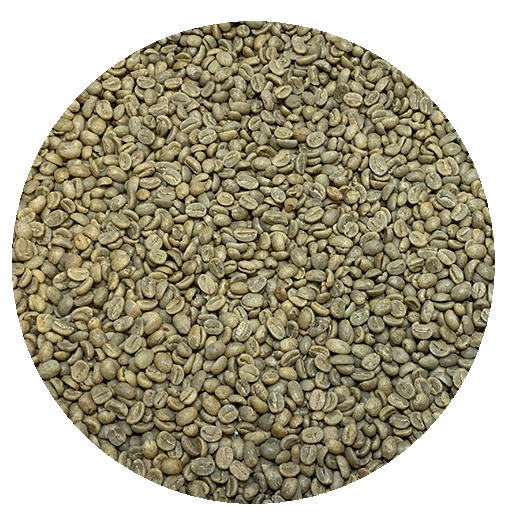
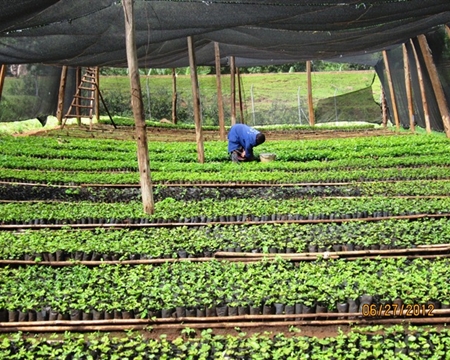
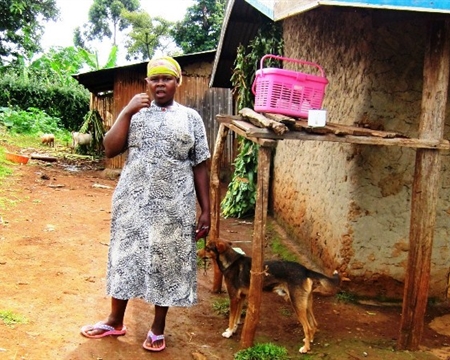
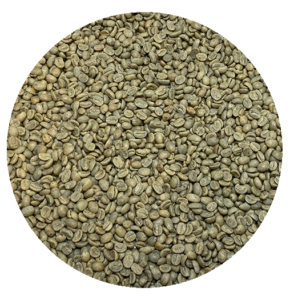
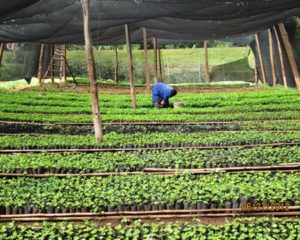
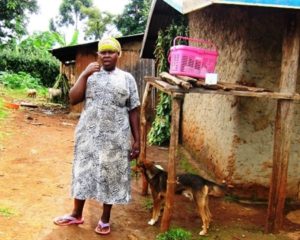
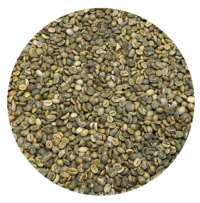

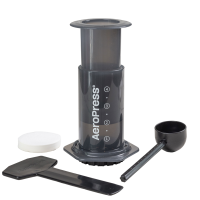


Reviews
There are no reviews yet.